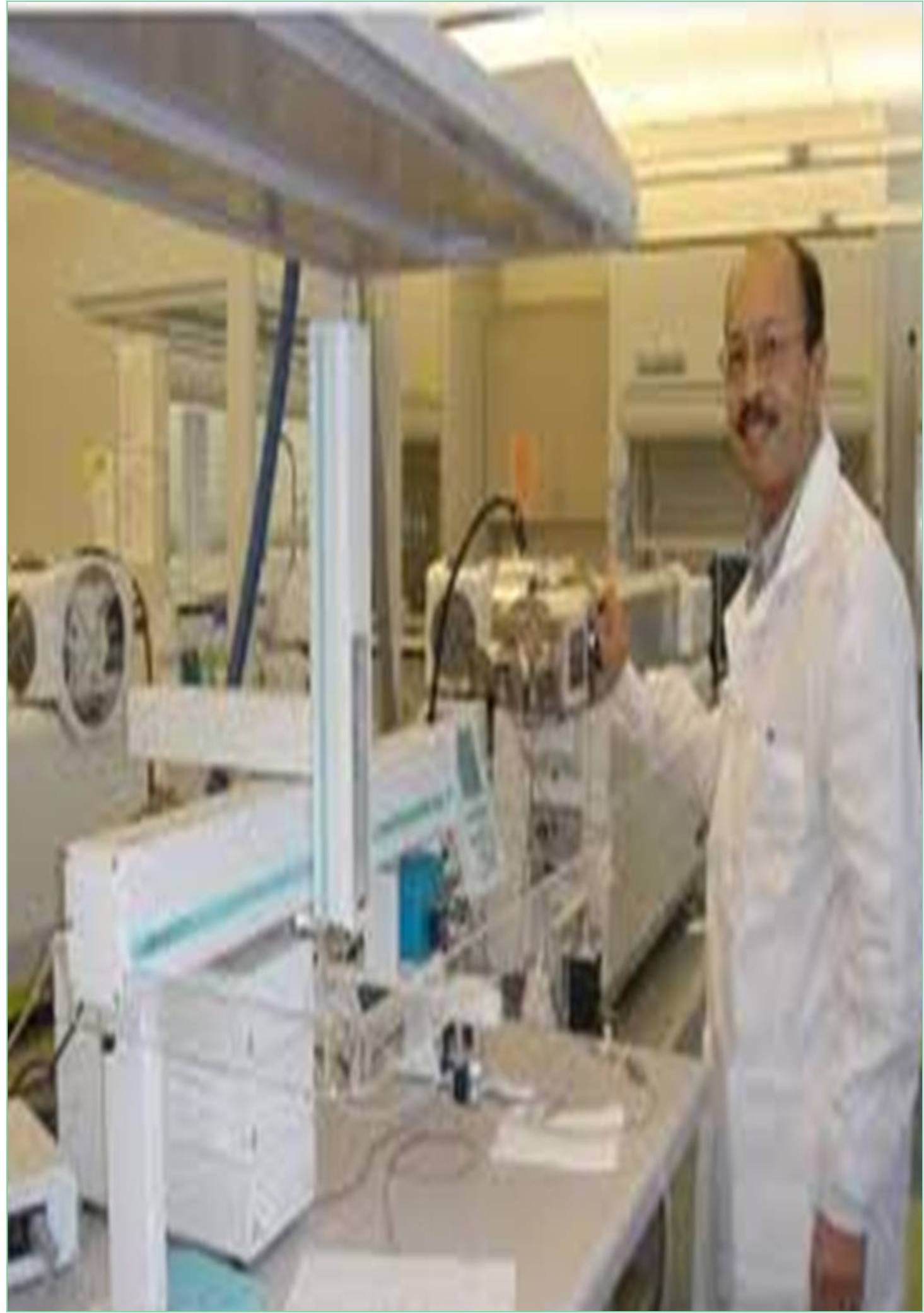



Received: 02-Nov-2022, Manuscript No. IJCB-22-83287; Editor assigned: 07-Nov-2022, Pre QC No. IJCB-22-83287 (PQ); Reviewed: 22-Nov-2022, QC No. IJCB-22-83287; Revised: 30-Nov-2022, Manuscript No. IJCB-22-83287 (R); Published: 08-Dec-2022, DOI: 10.15651/IJCB.22.7.032
Earth is continually undergoing tremendous change as a result of unchecked human activity, and this has caused climatic variations linked to global warming and unprecedented greenhouse gas emissions. One of the main causes is the build-up of solid waste as a result of human activity, including both agricultural and industrial activities. Scientists were compelled by the connection between solid waste and climate change to develop a solid waste management strategy that would reuse, recycle, and produce energy from solid waste in order to stop its build up and consequent pollution. The collection of plastic garbage, the dumping of agricultural wastes and the combustion of fossil fuels all rank highly among human activities that are environmentally harmful. Agricultural and plastic trash build-up creates significant disposal issues.
Plastic garbage is frequently burned or thrown in landfills. Similar to this, burning agricultural wastes results in the release of numerous hazardous gases into the environment. The third main environmental danger is the rise in motor vehicle emissions, which puts people's health at risk due to air pollution. Carcinogenic and noncarcinogenic health impacts are all at risk to varying degrees. In addition to depleting the resource, carbon dioxide emissions from the growing usage of fossil fuels by the world's population will cause anthropogenic climate change.
Therefore, using lignocellulose waste as a raw material for the synthesis of monomers for bio plastic and bioethanol can be seen as a successful strategy to address all three of the aforementioned issues. After extracting bio-products, fermentation waste can also be used as a soil enrichment agent. The goal is to eliminate lignocellulose waste completely. A delicate balance exists between earth and its environment, and if it is disturbed, it becomes complex. The increasing amount of garbage generated, especially as a result of the modernisation of their human society, has a bigger detrimental effect on the environment. The environment suffers from inadequate sustainable waste management. It has an equal impact on the terrestrial and aquatic environments.
The first and most severe effect of modernisation is the increase of plastic garbage worldwide, regardless of area. Chemically produced polymerized waste after usage has a negative influence on the environment, which highlights the need for proper treatment. The widespread recognition of this issue has shown that residual plastic will continue to exist on earth for generations. Because plastic accumulation was disregarded for a very long period and had a significant negative impact on the terrestrial and aquatic ecosystems, its long-term effects are damaging. Currently, it is recommended to recycle, reuse, and reduce plastic waste. Reuse and recycling, however, needed to be done with caution because they can lead to further issues.
This particular sector should require considerable research attention because it is becoming a serious problem as a result of the rising use of motor vehicles. Alternative fuels are now increasingly necessary for human society. The disposal of agricultural solid wastes is the third and often ignored area. Burning indiscriminately dumped agricultural waste causes air pollution in many nations since it generates poisonous gases along with smoke and dust in addition to being a waste disposal annoyance. A threat to both terrestrial and aquatic microbial life, as well as soil contamination, is other consequences. A huge step toward the bio economy might be made if agricultural solid waste can be recycled efficiently.
The greatest issue of the twenty-first century is the rising reliance on rapidly depleting fossil fuels for industrial activities as well as transportation. Apart from the everrising price aspect, no safety measures are done even though they are aware of its influence on global warming. If biofuels/bioethanol can somewhat offset this negative effect, it can be regarded as a unique alternative energy source. As previously noted, the accumulation of solid waste, whether it be plastic wastes or agricultural wastes necessitates the urgent need to identify a sustainable management system as well as methods for production and consumption.